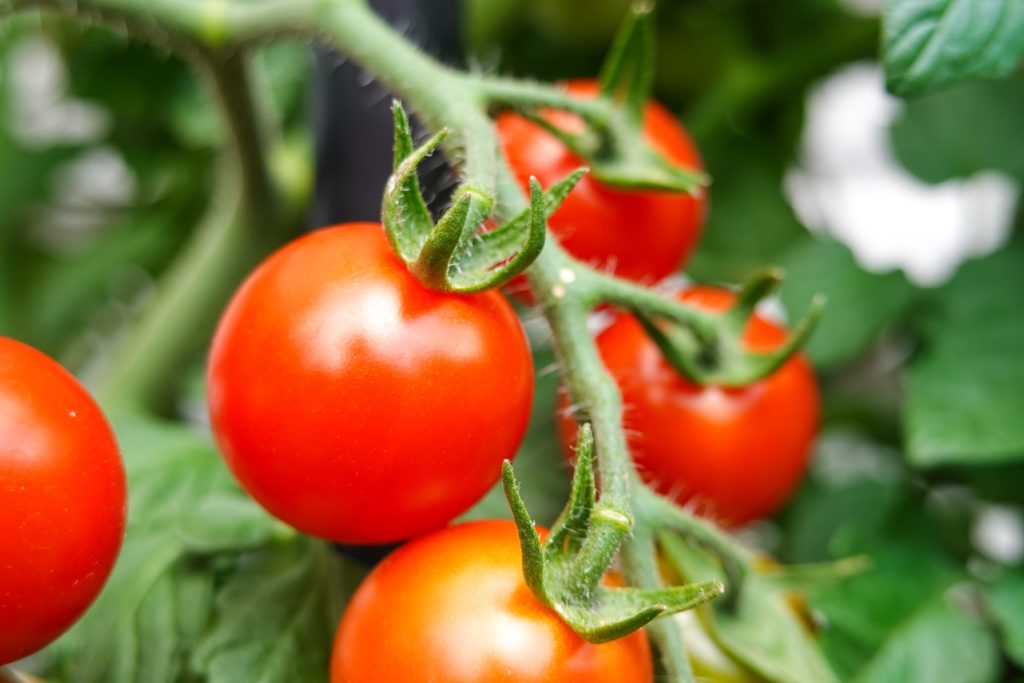Hydrate! It’s so hot out!

Living with dementia puts adults at risk for dehydration year round. The weather is just making things worse. When someone doesn’t want to drink, try fruits and vegetables.
I don’t like to talk about the weather all the time, but man, is it hot out there! When it’s this hot we worry about staying hydrated. Hydration is a concern for people as they age, especially a person living with dementia. Family members often say to me, “My dad just won’t drink.” I know how they feel. I don’t drink very often either. But I do stay hydrated.
How? I use vegetables and fruits! A dear friend just told me that tomatoes are at their peak. Yahoooo!
Dementia and hydration
For older adults with dementia, staying hydrated can be a challenge. They may not feel thirsty, or they may have trouble remembering to drink. People living with dementia may not be able to communicate their thirst or may have difficulty swallowing. Dehydration can cause a host of problems, including confusion, constipation, and falls. As a result, dehydration is a common and troublesome issue among adults living with dementia.
Strategies that can help
However, there are a few simple strategies that can help. One is to encourage older adults with dementia to eat vegetables. Tomatoes, for example, are more than 90% water. Other high-water content vegetables include cucumbers, lettuce, and zucchini. In addition to helping with hydration, these vegetables also provide essential nutrients and fiber.
Tomatoes are not only packed with water, but they also contain lycopene, an antioxidant that can help protect against dementia. Moreover, tomatoes are a good source of vitamins C and K, both of which are important for cognitive health. So if you’re looking for a way to help an older adult with dementia stay hydrated, add some tomatoes to their diet.
Tomatoes too acidic?
Fruits work well too! At this time of year, I especially love watermelon and cantaloupe. These fruits are not only hydrating, but they are also refreshing and full of vitamins and minerals that can help boost overall health. Watermelon is a also good source of lycopene, an antioxidant that has been linked to better cognitive function. Cantaloupe also contains vitamin C and beta-carotene, both of which have been shown to be beneficial for brain health.
In addition, they are easy to eat and require no preparation. Simply cut them into small pieces and serve.
Consider this
You don’t just need to offer a glass of water or juice to provide hydration choices to our family members
Put a bowl of fruit out to nibble on….offer a small piece as you sit and chat and just say ….MMMMMMMM!
Enjoy the summer and stay cool!
Finally, for tips on how to help you as the helper, sign up here.






